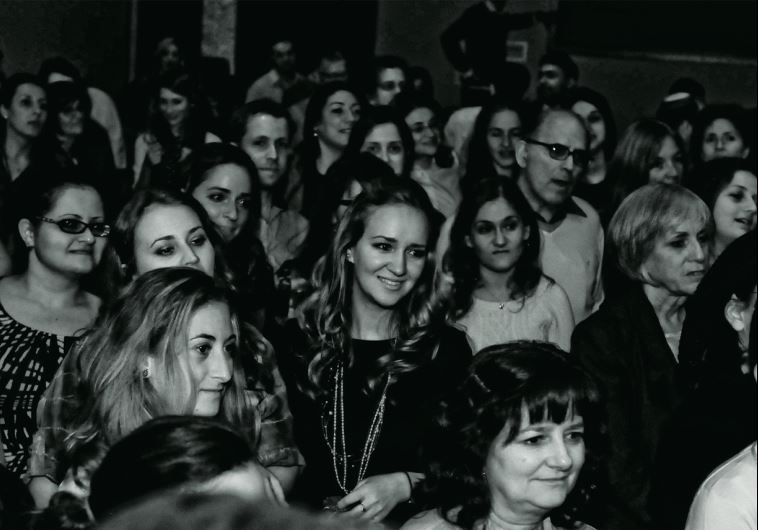26 years of Russian aliya: Segregation, poverty and police brutality
Some 26 years have passed since the big Russian aliya to Israel started with the fall of the Iron Curtain.
 Russian speaking Jews take part in a havdala event at Princeton University.
Russian speaking Jews take part in a havdala event at Princeton University.